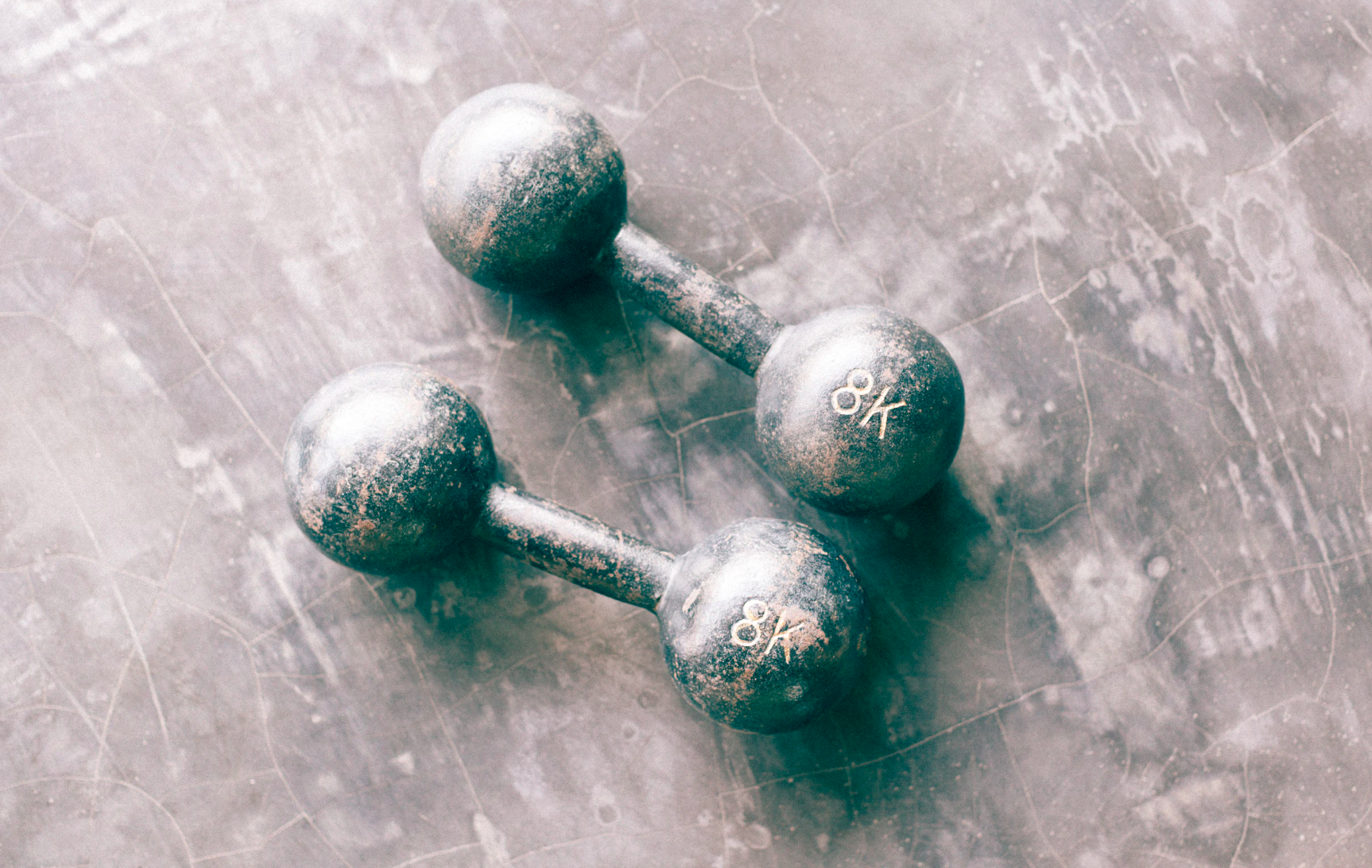I will discuss a number of subjects that fall under the category of “reducing fat” in the essay that follows. For instance, like in the past, I’ll use exercise as an example of a modality because it has strong study and supporting data to support its undeniable effects.
You shouldn’t search for a “magic pill” or short cut in this article that will help you lose weight and burn fat quickly. Why? Because there hasn’t been any change in lifestyle, even if such a drug existed, there is a significant possibility that any fat loss will return fast.
I’ll quickly share a humiliating experience with you in the hopes that it may help put things in perspective.
I’ve been improving my own body composition for numerous years, so I consider myself an authority in weight loss.
I started the adventure in 2012, when I was roughly 40 pounds (18 kg) overweight and looked for quick solutions to lose fat. I tried a variety of trendy weight-loss methods that, despite their fantastic claims, were ineffective. Unfortunately, I looked into surgery (liposuction) fat removal momentarily, but thankfully I didn’t consider it for very long because I recognized it was unrealistically lazy.
Now that I’ve given liposuction some thought, I see numerous problems with it, not the least of which is that most people who have the treatment haven’t changed their lives enough to be able to support themselves afterward. The procedure causes trauma to the body as well. Furthermore, the body has not “worked” for its altered composition and is therefore quite likely to revert to its original state.
The lesson here is that you must put in the effort if you want to reduce weight. But I promise that as you go along, you’ll like it more and more.
Through exercise, when, and what I ate, I was able to lose the additional 40 lbs (18 kg) of weight. Once my body fat percentage went to 7%, I started gaining weight again but as muscle.
I’ve been concentrating on gaining 20 lbs/9 kg of lean muscle mass over the past two years, which I believe I’ll reach by 2022 through additional activity and nutritional changes.
After losing weight pretty well the first time around, I’m writing the advice below.

1. Display the Right Attitude
One of the most crucial elements of the entire weight loss process is your mindset, which is why it should come first on our list. It includes the mental toughness required to formulate a plan and a strategy and set events in motion such that the outcome is unavoidable.
How do you choose the outcome that is best for you? Look inside of yourself to find the things you think you can’t do, then confront those ideas by visualizing yourself as the very best version of what you want. You can achieve anything you can imagine!
Do you want to become that version of yourself who is stronger, happier, and healthier? It is present already! Let’s go is the mentality.
2. Practice a Strategy
Some readers who see the word “exercise” in the header might want to scroll over it and move on to the next suggestions, but by doing so, they would be missing out on the genuine benefits exercise can have for not just reducing weight but also strengthening your mental attitude.
The greatest way for exercise to help you lose weight is to combine it with intermittent fasting or time-restricted eating, which we’ll discuss under the category of eating. The exercise plan should focus on cardiovascular exercises both before and after weight training.
This method of exercising will concentrate the majority of your efforts on fat burning and weight loss, and if you’ve been fasting while working out, you’ll get amazing fat loss results!
My belief is that the activities you should concentrate on should activate your large movers (muscles), as this will promote the most effective fat burning.
Squats, deadlifts, leg presses, and other exercises that target greater muscular groups are described above and are typically classified as moderate-to-heavy (40-80%+ of one’s maximum) weight lifting.
On my YouTube channel, Adam Evans, I discuss several training methodologies and plans; feel free to subscribe or have a look. Please feel free to peruse my other Lifehack posts if you choose.
3. Consume the Correct Food at the Correct Time
In a “fasted condition,” when you exercise (run, bike, lift weights, swim, etc.), your body will look for stored fat reserves to use for energy instead of utilizing whatever food or liquid you have taken.
Since most people’s stored fat tends to reside in that area, the body fat that will typically burn off more quickly will be around the belly and midsection. Your body penetrates belly fat deposits when you fast and exercise, places that are often unreachable when you are eating and engaging in either activity or not.
The goal of fasting is to facilitate the burning of stubborn fat, or fat that has been clinging to you for a long time despite your efforts to get rid of it.
I strongly advise eating foods that are simple for you to digest and satisfy all of your macronutrient (or “macros”) and some of your micronutrient (or “micros”) targets during your actual mealtime (or “eating window,” in fasting language).
This means that in order to maintain healthy muscle development and growth as well as weight loss, you will need to consume enough protein, carbohydrates, and fats.
Beyond meeting your macronutrient requirements, it’s critical to meet your micronutrient requirements as well. A daily multivitamin and other supplements, such as those I’ve described in past articles about the best weight loss pills, will likely cover the majority of these needs.
It’s also important to keep your daily calorie intake below maintenance if you want to lose weight. You’ll also need to eat more because you burn more calories when you exercise because that’s not the point of this. Your objective should be to maintain a 10% caloric deficit; for example, if your daily maintenance without activity is 2,000 calories, you should aim to consume 1,800 calories during a meal (after fasting).

If you were not exercising, your daily maintenance would be 2,000 calories. However, if you were exercising, your daily maintenance would be 3,000 calories because you burned 1,000 calories while exercising. By eating this way, you may be confident that your body is refueling for recovery and for the fast and workout the next day.
When I’m completely effective with my fasting and eating window, I eat three meals over the course of a six- to eight-hour period. I’ve tried a few various methods to see what works best to avoid bloating, feeling lethargic, or simply not wanting to eat more.
I get the best short- and long-term results when I eat light macro- and micronutrient dense foods. Brown rice, potatoes, or Wild Alaskan Salmon with a side salad, for example, work incredibly well to satiate me without making me feel completely full. Being pleased but not full after eating indicates that your body has received enough nutrition without having to exert too much effort during the digesting process.
Because they eat heavy things like bread or even fast food as soon as the eating window starts, many people have trouble with intermittent fasting or time-restricted eating. The lesson to be learned from this is to keep things clear and straightforward. You may season a chicken breast in a variety of ways to make it taste different each time.
The same is true for all the different kinds of fish, including cod, tilapia, haddock, halibut, bass, and salmon (which I’ve already discussed).
4. Get sufficient, deep sleep
The idea of getting enough sleep to lose weight seems like a pipe dream (pun intended). However, there is some truth to this idea, and it has to do with your metabolism.
A second study discovered that insufficient sleep causes people to eat larger portions of all foods, which contributes to weight gain. In addition, a lack of sleep was linked to an increase in desires for foods that are high in energy-dense carbohydrates, according to a study of 18 studies.
The amount of weight lost from fat decreased by 55% when dieters cut back on sleep over a 14-day period, even though their caloric intake remained constant.
Even if you set the benefits to your brain aside when considering why you need restorative sleep, the advantages for reduced weight and better judgment are apparent. Before bed, put your electronics away, avoid sleeping with the TV on or a full stomach, and make sure you are appropriately entering each stage of sleep.
For more information you can click:




